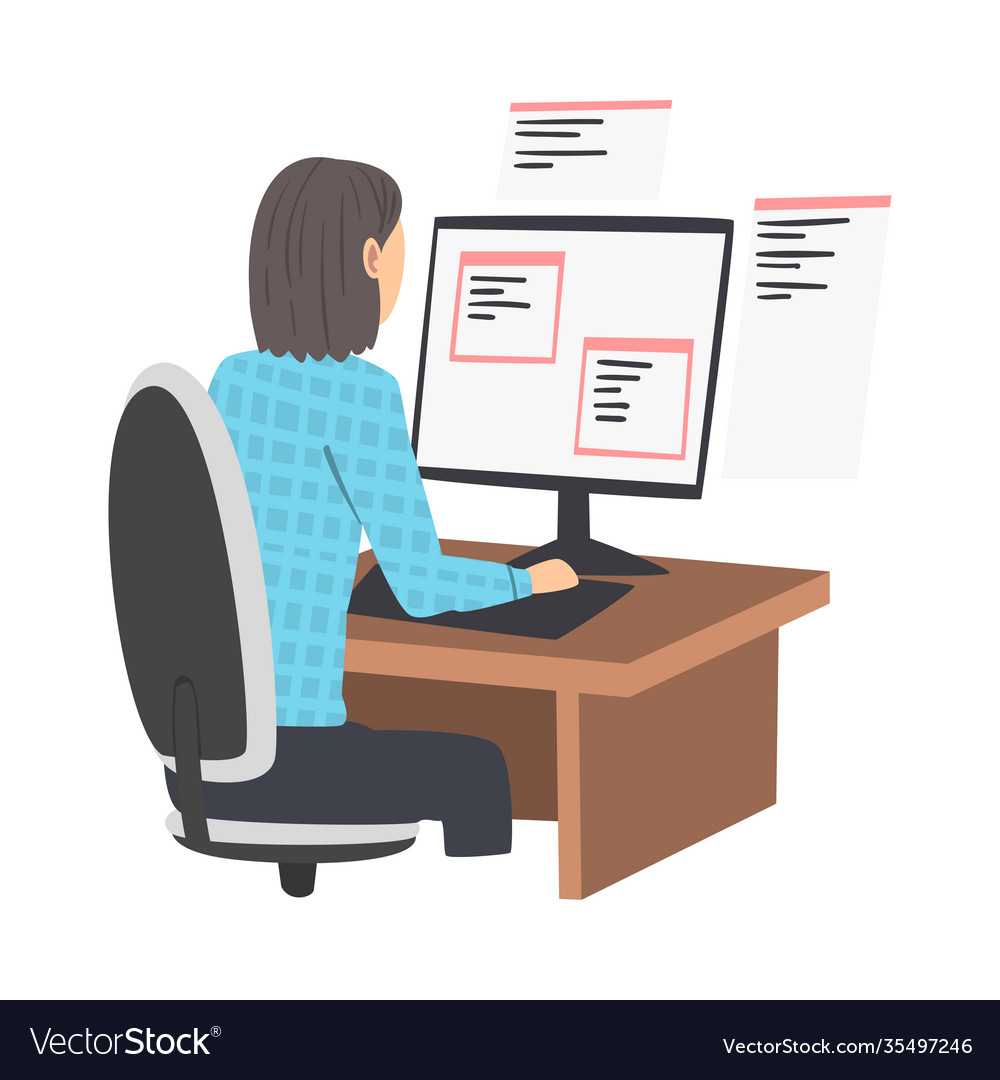Simplify Your Projects with Reliable Software Development Staff Augmentation
Simplify Your Projects with Reliable Software Development Staff Augmentation
Blog Article
Committed Developers vs. In-House Teams: Which Is Right for You?
The choice between using dedicated developers and maintaining an in-house team is a significant one that can impact the trajectory of your tasks and overall organization strategy. Committed developers offer a degree of flexibility and specialized experience that can be helpful for specific, short-term efforts. On the other hand, in-house groups add to a cohesive business culture and a nuanced understanding of long-lasting goals. By taking a look at crucial variables such as spending plan, project range, and desired control, you can better determine which technique lines up with your organizational needs. The effects of this option extend past prompt results-- think about the wider impact on your business landscape.
Recognizing Devoted Designers
The growing demand for specialized skills in the technology market has actually resulted in the development of committed developers as a sensible service for numerous organizations. These experts are usually contracted on a project basis, enabling firms to leverage particular know-how without the long-lasting dedication connected with full time hires. Committed designers are often ingrained within a customer's group, supplying versatility and scalability to meet task requirements.
This version allows companies to access a global talent pool, which is specifically helpful in a quickly progressing technological landscape. Dedicated designers can be sourced from various geographical locations, ensuring that companies can find the right ability at competitive prices. They often bring a riches of experience and knowledge, having dealt with varied tasks throughout different industries.
Additionally, devoted programmers can focus solely on the tasks handy, improving efficiency and performance. They are geared up to integrate seamlessly into existing process, working together carefully with internal groups to achieve project objectives. This technique not only lowers the problem of recruitment and training yet additionally permits organizations to continue to be dexterous, adjusting promptly to transforming market demands and technological innovations.
Advantages of In-House Teams

In addition, internal teams tend to have a much deeper understanding of the firm's goal, worths, and goals. This positioning can improve employee engagement and inspiration, as team members really feel much more connected to their job and the organization's success. Additionally, having a specialized internal team enables better placement of techniques and objectives, as these participants are regularly concentrated on the firm's concerns.
In-house teams likewise facilitate quicker decision-making processes, as they can react extra rapidly to changes and challenges. The established relationships and familiarity with business procedures permit streamlined process and decreased miscommunication. Inevitably, the combination of a cohesive culture, positioning with business goals, and effective interaction makes in-house teams a valuable computer software developer property for many organizations, particularly those seeking to cultivate lasting growth and innovation.
Price Factors To Consider
When evaluating cost considerations, both in-house groups and dedicated programmers existing distinct economic implications for companies. Involving specialized programmers generally involves a pay-per-project or per hour price design, which can be affordable for organizations with varying task demands. This approach permits for flexibility in scaling resources up or down, ensuring that companies just spend for the solutions they require.
In contrast, internal groups entail dealt with prices, consisting of wages, advantages, and overhead expenditures such as office and tools. While this version provides greater control and instant accessibility of resources, it might bring about higher long-term expenses, particularly if the work does not warrant a full time staff.
Furthermore, companies need to consider the concealed costs connected with employment and training of internal staff members, which can further stress budget plans. In some situations, the time and resources invested in taking care of an in-house team can interfere with the company's core service purposes.

Job Management and Adaptability
Job administration and flexibility are vital variables that affect the option in between in-house teams and committed programmers. Dedicated developers typically provide a high level of adaptability, enabling companies to scale sources up or down based upon task demands. This agility can be specifically beneficial for organizations experiencing changing workloads or those seeking to innovate rapidly. Devoted groups typically have actually established processes for handling projects efficiently, leveraging details techniques like Agile or Scrum, which facilitate iterative progression and adaptability.

Ultimately, the selection between in-house groups and dedicated developers rests on the wanted level of adaptability and the particular project management needs. Companies need to evaluate their functional characteristics, project intricacy, apple developer cost and source accessibility to identify which alternative lines up ideal with their tactical goals.
Making the Right Selection
Selecting the right development approach-- in-house teams or devoted programmers-- calls for a careful analysis of different variables that align with a company's tactical objectives. On the other hand, in-house teams can offer better continuity and integration with existing personnel.
Next, review your budget plan. Devoted developers frequently provide an affordable remedy for temporary tasks, while in-house teams may incur greater long-lasting expenses due to salaries, advantages, and overhead costs. Examine the level of control and collaboration desired; internal teams usually cultivate more powerful communication and alignment with business society.
If prompt results are necessary, committed developers can be onboarded swiftly, whereas constructing an internal team takes time for employment and training. If continual advancement is essential, investing in an in-house team may generate much better returns over time.
Final Thought
Finally, the choice in between specialized programmers and in-house teams hinges on project requirements and organizational purposes. Committed programmers supply flexibility and specialized know-how, making them suitable for short-term efforts. Conversely, internal teams grow a natural culture and deeper placement with long-term objectives. Careful analysis of budget restraints, project timelines, and wanted i loved this control levels is necessary for identifying one of the most suitable strategy, guaranteeing placement with strategic concerns and functional efficiency.
The decision between using specialized programmers and maintaining an in-house group is a substantial one that can impact the trajectory of your projects and general company approach.Project management and adaptability are essential variables that influence the option between devoted developers and in-house teams. software engineering staffing.In contrast, in-house teams might excel in preserving a regular task administration structure due to their knowledge with the organization's culture and lasting goals. Devoted designers commonly provide an economical option for temporary jobs, while internal groups might incur greater lasting costs due to salaries, advantages, and overhead expenses.In conclusion, the decision in between specialized programmers and in-house teams hinges on project needs and business objectives
Report this page